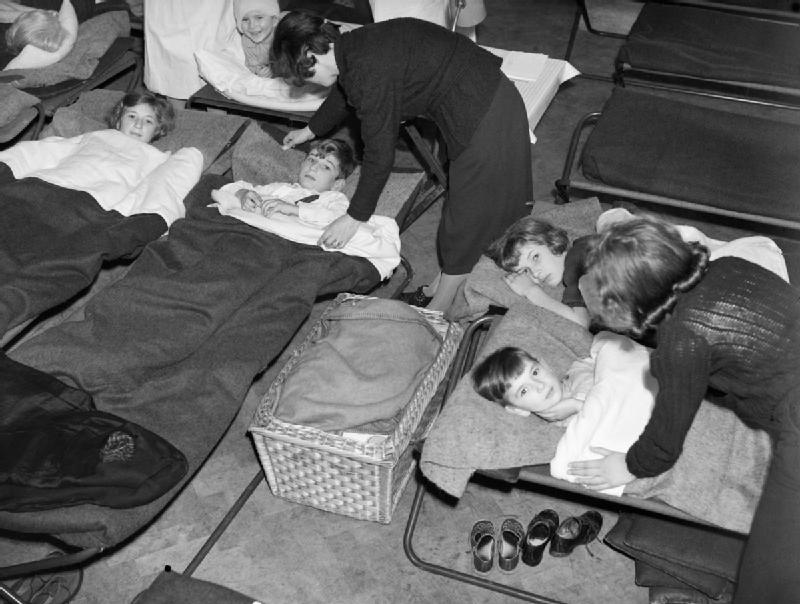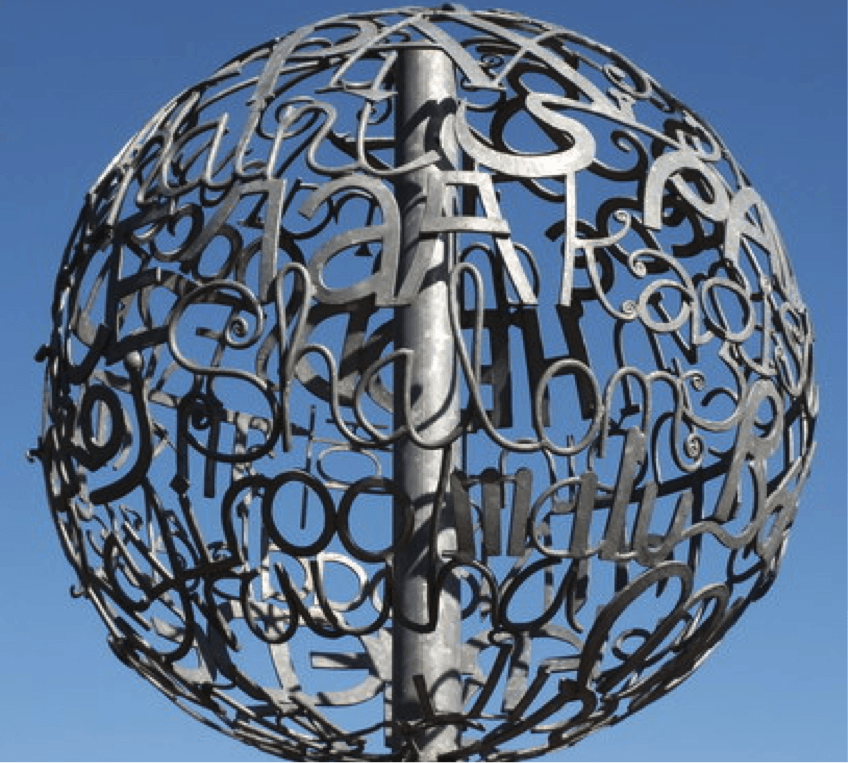by Lois Tverberg
“Religion that God our Father accepts as pure and faultless
is this: to look after orphans and widows in their distress
and to keep oneself from being polluted by the world.”
James 1:27
Knowing that the scriptures say that we should “look after orphans and widows,” how can we do that today? In James’ time there were many women and children whose families were torn apart because of the death of a husband or father. In that day, if a child had a mother but lacked a father, he or she still was considered an orphan, because in that society, the single-parent family would be impoverished and unable to survive without help from others. Now it may seem that the need is not so urgent when relatively few men die before old age, and with better economic times, especially for women.
But one contemporary Jewish writer points out that our modern society has an ever-growing abundance of a different kind of orphan, which are those whose families have been broken by divorce. With so many marriages dissolving and children born outside of marriage, a large proportion of our young people are now growing up lacking either a father or mother, or changing parents with each relationship. They may not lack financially, but may be impoverished in terms of having the family structure and life experience that allow them to form stable relationships and raise families of their own. They may have no one to serve as model of how a parent or spouse should act, so are likely to pass this sad legacy on to the next generation too.
Almost every family, church and neighborhood has an abundance of “orphans” of this type. We can all name relatives and neighbors who could use a “big brother” or “big sister,” who could benefit from our love. And many divorced people, singles and elderly long to be connected into the family of Christ, like widows long for a husband. How hard is it for those of us with stable lives to befriend someone from a broken family? God says that he especially watches over the “widow and the orphan,” and bids us to do likewise (Deut. 10:18). Rather than protesting against the lack of family values today, we would do more to help stabilize future marriages by enfolding a few young people into our own families, to show them that they are truly loved.
(1) J. Telushkin, The Book of Jewish Values, (c) 2000, Bell Tower, New York, ISBN 0609603302, p. 70-71.



